10 Ways to Reduce Your Biological Age by Years
Dr. Alexis Shields maintains that reversing the aging process can be simple.

Some people like to say that age is just a number. According to Dr. Alexis Shields, a Portugal-based naturopathic doctor, it’s really your biological age that matters. In fact, she implies that some people age faster than others. But here’s the good news: She believes that there are things you can do to reverse the process and she has written an entire blog post about it.
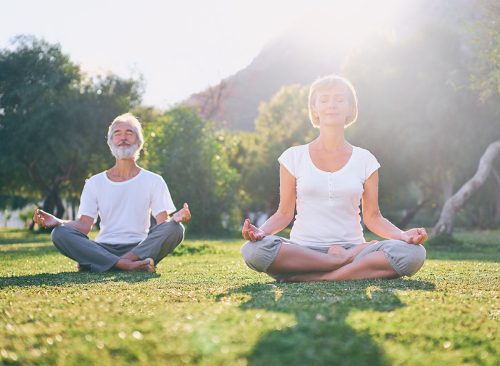
Dr. Shields starts by explaining the importance of understanding the difference between chronological aging, which you already know, and biological age.
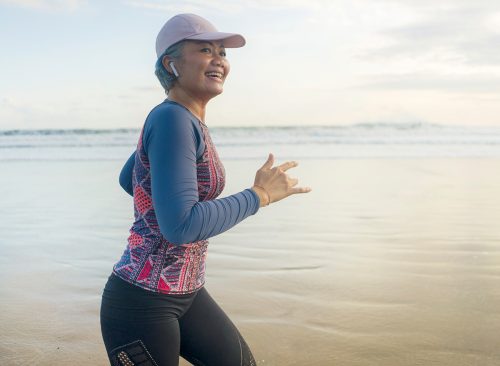
“The goal of calculating your biological age is to measure the speed at which your body is aging so that you can determine how your current diet and lifestyle choices are impacting healthy aging,” she said.

“Your biological age indicates how much aging and damage has occurred inside your body over the course of your lifetime,” Shields explains. “The biological age calculations are accurate predictors of your healthspan and lifespan.”

Shields explains that there are aging calculators to help understand your biological age, including PhenoAge developed by Dr. Steven Horvath and his team based on the epigenetic clock theory of aging. You need to get the following bloodwork done.
- Complete Blood Count (CBC) with Differential and Platelets Blood Test
- Comprehensive metabolic panel (CMP)
- Lipid panel
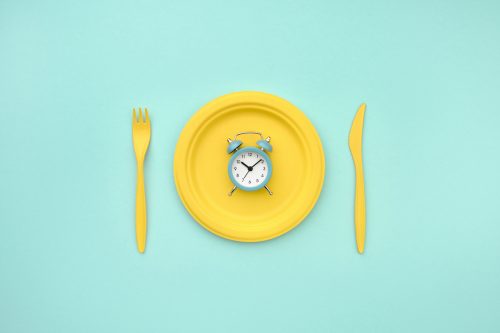
Shields maintains that intermittent fasting, either the 6:18 or 4:20, which involves regular periods of caloric restriction, “improves autophagy, which is a process of cellular clean-up that can prevent abnormal cell behavior,” she said.
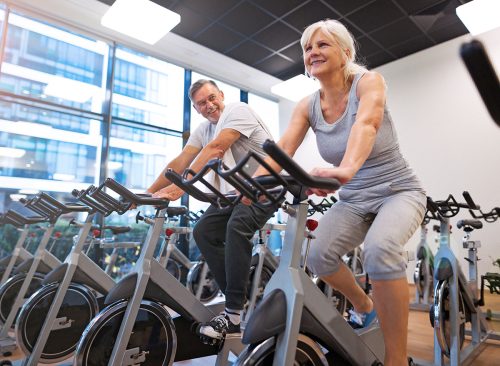
Exercise also helps with anti-aging. “Regular daily movement and exercise (even just 15 or 20 minutes a day can make a significant difference)” she says.

She also encourages heat therapy, “such as using the sauna,” Shields says.

Reducing your exposure also helps reduce biological age. Here is what she suggests:
- “Keep phones and laptops off your body: men, don’t wear in your pocket unless you want to blast your testicles; women, DO NOT tuck it in your bra strap
- When you talk on the phone use the speaker or headphones instead of holding the phone up to your ear
- Put your home WIFI on a timer so that it shuts off during sleeping hours and comes back on in the morning
- Set your cell phone to flight mode at night and keep it away from your bed
- Avoid wearing electronics to bed (such as your Apple Watch). The one exception is the Oura ring as the company has figured out how to maintain very low EMF exposure.
- Avoid using microwaves whenever possible”
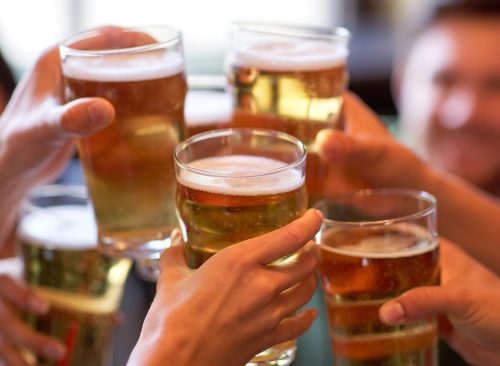
She also suggests reducing your exposure to environmental toxins by doing the following:
- “Don’t smoke. Cigarettes, cigars, and e-cigarettes are a major source of environmental toxin exposure.
- Read the labels of all your body and skincare products, including toothpaste. You should recognize them all. Get rid of industrial chemicals whenever possible and use this website to find safe products.
- Avoid perfume and cologne unless it’s made from natural essential oils like these
- Do not use artificial fragrances in your home. Avoid plug-in scents in the home and car; use candles made with essential oils or essential oil diffusers instead.
- Use natural house cleaning solutions
- It’s a commonly held belief that certain indoor plants filter the air. Sadly, many researchers don’t support this idea. However, plants still lift the mood so I’m very much pro-plant, as well as maintaining proper ventilation from opening doors and windows which likely does much more for removing toxins from your home.”
RELATED: Surprising Signs You’ve Already Had COVID

Shields adds that chronic stress accelerates premature aging. “Stress shortens your DNA telomeres (the protective caps on the ends of our DNA that protect the DNA information from being damaged). This also increases methylation and increases your risk for a compromised immune system and many chronic diseases,” she writes. Some common sources of chronic stress include…
- “A demanding or unbalanced work situation
- High-conflict personal relationships
- Time spent on social media
- Time spent consuming news media
- Caring for a loved one with a physical or mental illness or injury”














